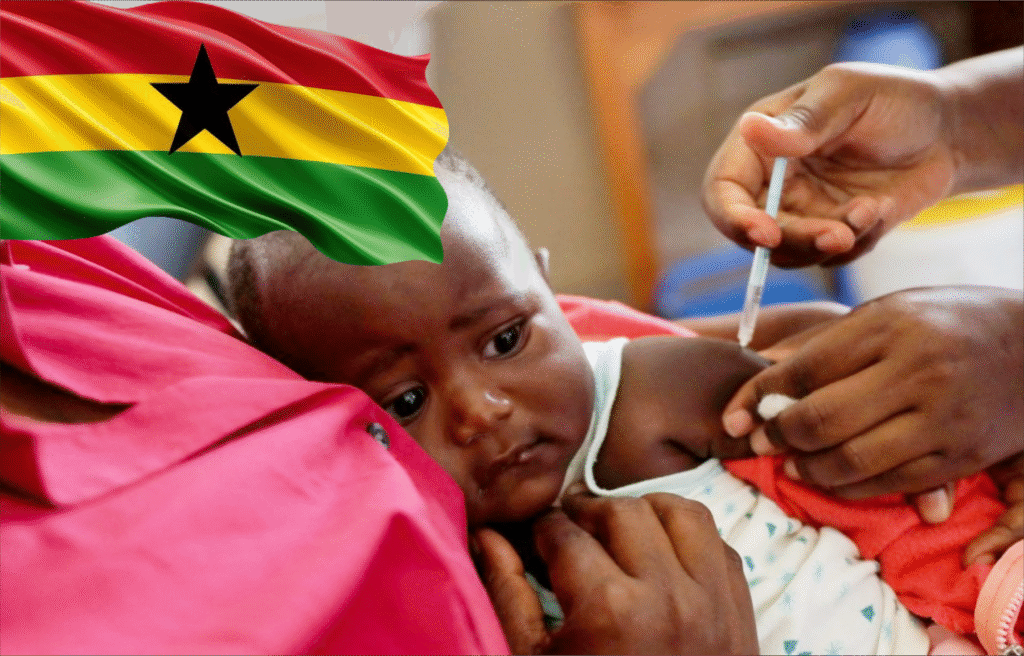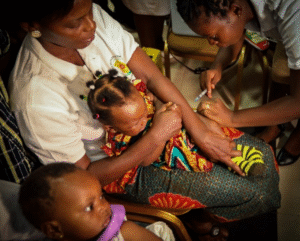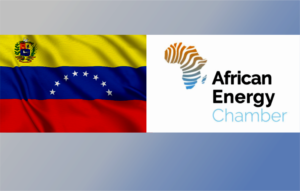Ghana Strengthens Homegrown Malaria Elimination Drive Through Science, Partnership and Innovation

Ghana is deepening its fight against malaria through a landmark partnership that blends global science with local leadership. Vestergaard Sàrl, the Noguchi Memorial Institute for Medical Research (NMIMR) at the University of Ghana, and the Ministry of Health’s National Malaria Elimination Programme (NMEP) have signed a new Memorandum of Understanding (MoU) to accelerate vector control research and innovation.
The collaboration represents more than just a scientific agreement, it’s a statement of national confidence and continental self-reliance. For Ghana, where malaria remains one of the leading causes of illness and death, affecting more than 6.5 million people annually, the agreement signals a pivot toward homegrown, data-driven, and research-led solutions.
Malaria’s toll in Ghana is medical and most personal. The disease continues to disrupt family life, school attendance, and productivity, especially among rural communities where mosquito exposure is highest. Mothers often bear the brunt of the struggle, balancing caregiving with economic hardship when children fall ill. To many Ghanaian families, the prospect of malaria elimination is tied to dreams of stability and opportunity.

At the heart of the new agreement is a commitment to strengthen entomological surveillance, insecticide resistance management and operational research. These are key tools in understanding and defeating malaria’s evolving vectors. Researchers at the Noguchi Institute, a regional leader in infectious disease science, will work closely with the NMEP to generate data for evidence-based policymaking.
In a statement by Professor Dorothy Yeboah-Manu, Director of NMIMR – “Malaria research has always been central to our work. Through this MoU with Vestergaard and the NMEP, we are confident that our collective efforts will significantly advance the goal to eliminate malaria in Ghana and the African region”.
In Vestergaard stance, a global health company with a 14-year partnership history in Ghana, the renewed collaboration reinforces the value of investing in African-led innovation. “Ghana continues to be a steadfast leader in the battle against malaria” said Amar Ali, CEO of Vestergaard. “We commend the Ministry of Health’s dedication to research and pledge our continued support to save lives and protect livelihoods across sub-Saharan Africa.”

The MoU highlights a broader shift in Africa’s health landscape, from dependency on external interventions to country-led research ecosystems capable of shaping continental responses. Ghana’s Ministry of Health views this as a model for how public–private partnerships can accelerate sustainable development goals while strengthening local capacity. The National Programme Manager of the NMEP, Hilarius Paul Asiwome Kosi Abiwu, said that – “the MoU signifies a united front in our commitment to significantly reduce the burden of malaria in Ghana”.
Beyond health, malaria elimination holds cultural and economic weight. Fewer malaria cases mean stronger workforces, improved school attendance, and reduced healthcare costs. Culturally, it reflects a collective national determination to overcome a disease that has shaped generations of Ghanaian life.
As Ghana renews its pledge to end malaria, this partnership stands as a symbol of scientific sovereignty where innovation, collaboration and community converge to secure a healthier, more self-reliant future.






